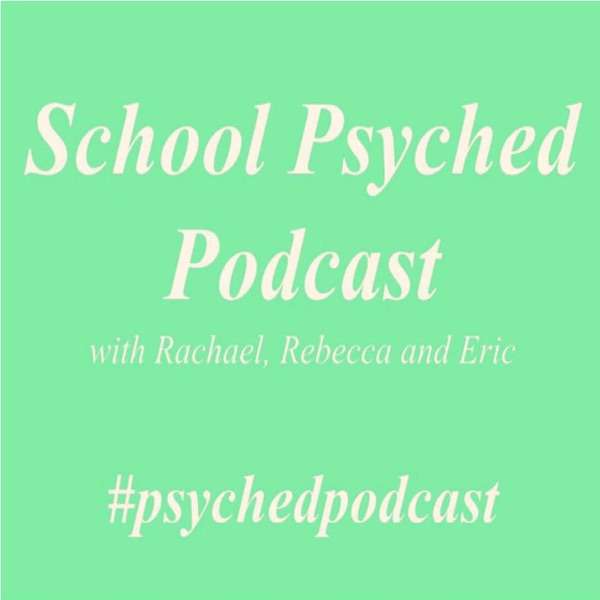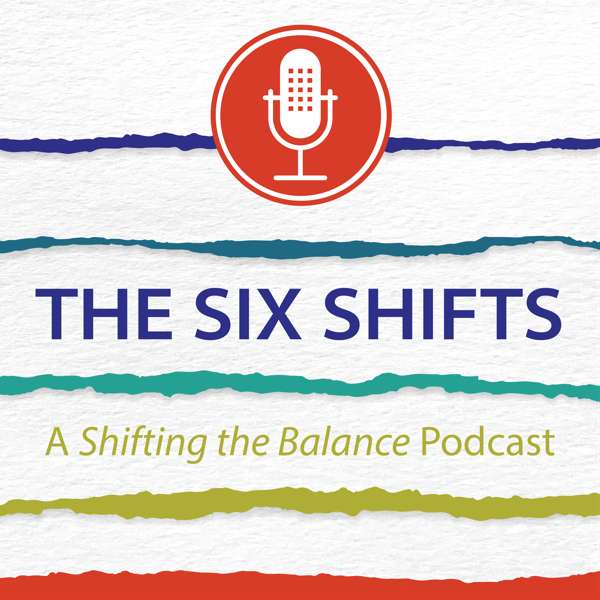Teacher Takeaways
Advocacy: building a sense of boldness and finding allies.” - Anna
Advocates set goals and make commitments.
Constantly educate yourself:
Subscribe to credible sources and social media
-NAEYC (policy page)
Find networks of people that also care about what you do (your field)!
Put out “a call to action!” Senators, congressmen— they all need to hear from teachers!
SAY: “Hi ______, we need _______ and want to thank you for ________.”
Resources
Referenced in the Interview
Links for finding local legislatures:
https://www.govtrack.us/congress/members/map
Reach out here for one-click to write to all your reps about ECE funding! https://fyff.quorum.us/campaign/34126/
Shma Koleinu (Hear Our Voices): Click the link to learn more and join the group!
The Paradigm Project Facebook Group
Amy O'Leary Resources:
VIDEO
SLIDE DECK
American Family Plan:
In May, President Biden shared with the country his vision for an American Families Plan. Like the American Rescue Plan that passed in March, this new plan is revolutionary in the ways it will support families (free tuition for three- and four-year-olds, wraparound care, and tax cuts) and invest in early childhood education (teacher preparation programs and wages increases). In the months ahead, the actual text of a bill will be drafted and proposed in the Congress. This bill text will be the result of behind-the-scenes negotiations by the Biden administration, various congressional offices, and assorted advocates. We expect that the text of the plan will mirror what the White House has already proposed and that it may, as well, include select details from other ECE and families plans that have been proposed, such as the Childcare for Working Families Act, the Childcare as Infrastructure Act, and the Universal Child Care and Early Learning Act.
CCDBG - fact checks + summary:
Federal Child Care and Development Block Grant (CCDBG) funding allows states to provide child care subsidies for low-income families with children under 13.
The majority of funds serve children under 5, with the remainder supporting care for children ages 5-13 while they are not in school. These subsidies help remove barriers to affordable, high-quality child care—whether in the center- or home-based settings. Further, the law allows states to pair state and federal funds to improve access and quality of child care available to families within existing state and local systems. In this way, CCDBG plays a critical role in ensuring young children are accessing the high-quality early learning experiences that support their healthy development and prepare them for kindergarten while their parents work or attend school.
Check out our sponsor, American Jewish University to find out how you can get the credentials you need to go farther in your ECE career!

 Our TOPPODCAST Picks
Our TOPPODCAST Picks  Stay Connected
Stay Connected












